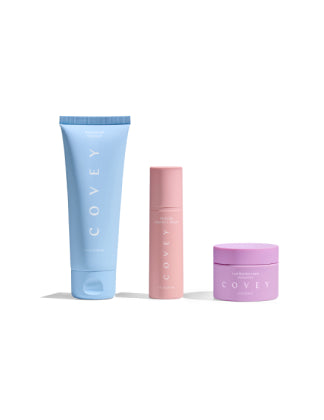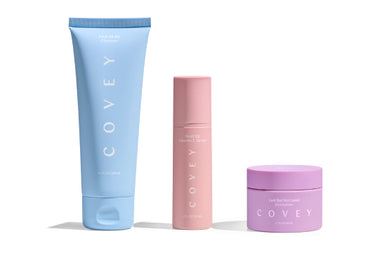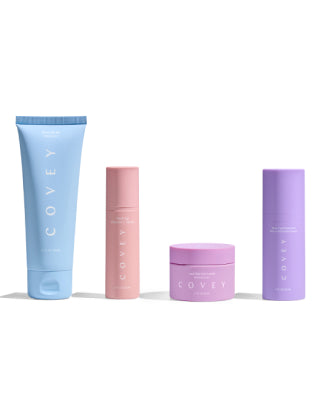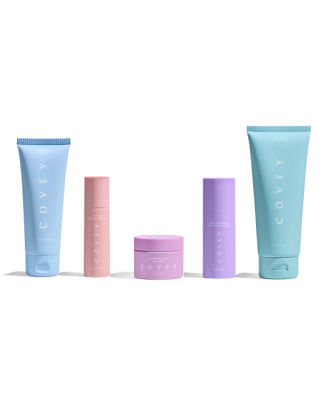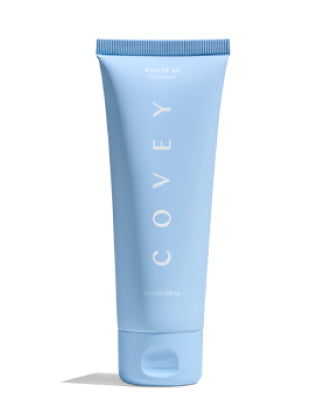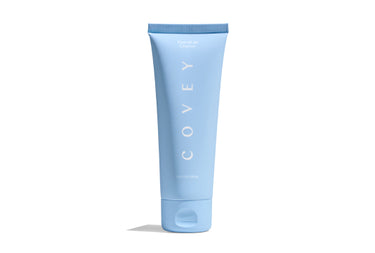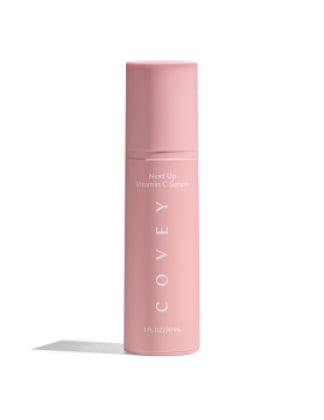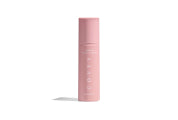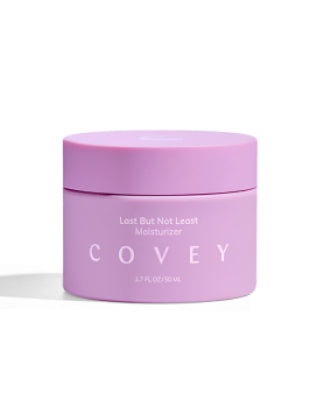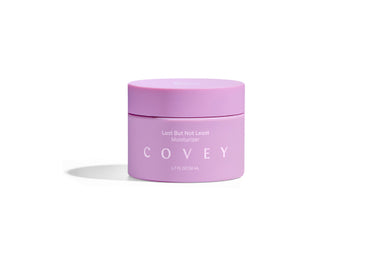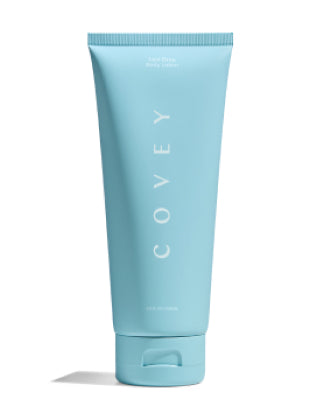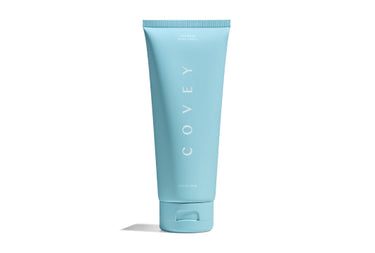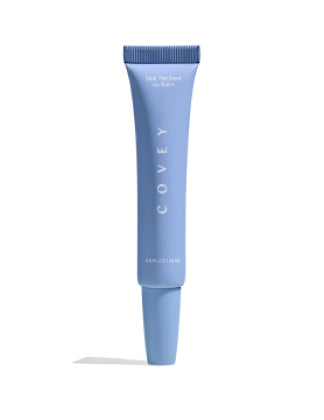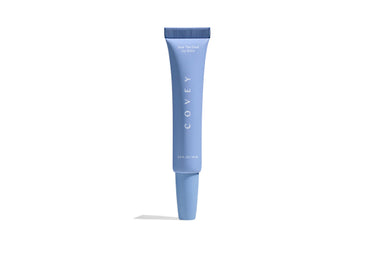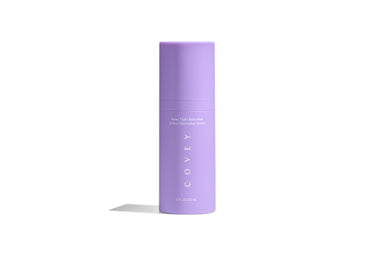
How Do I Know If I Actually Need a Facial?
Facials make most of us imagine the client getting a face massage and putting slices of cucumber on their eyelids. This term has meant many things over the years, but currently it usually refers to something a bit more intensive: a treatment including a few different steps, powerful ingredients, and special tools.
From the bizarre to mundane
There are hundreds of different types of facials — ranging from conventional serum treatments to bee sting venom. But they have some things in common: they are often meant to have an immediate effect on the condition of your skin, they use strong ingredients that require babying your face before and after to prevent side effects, and they often use tools and ingredients that are too difficult or risky to use on your own.
Facials are known to be on the cutting edge of skincare: we will balk at the news that a particular provider is putting snails on their clients’ faces only to be buying snail mucin in bulk a few years later.
On some level, the strangeness is a part of the appeal: the more unique the facial, the more it can be presented as the exclusive skin care secret that will give the client a leg-up on everyone else.
This is exciting, because of the developments that happen in that field — but also means that many types of facials have little proven evidence behind their method. On the other hand, there are plenty of providers that offer thoughtfully-designed facials with science-backed ingredients.
Are facials necessary?
The short answer is no, facials are not necessary. At the end of the day, the most effective way of keeping your skin blemish-free and even-toned is a consistent, daily skincare routine with effective, non-irritating ingredients. That consistency is what counts the most. That’s one of the reasons we developed Covey to be a simple, yet effective, routine that is easy to use on a daily basis.
Facials are sometimes erroneously seen as a miracle worker that can fix your skin when you’ve been treating it badly. Spoiler alert: it won’t, even if you’re choosing a facial with effective ingredients. They may help your skin’s concerns in the short term, but they don’t have long-term effects.
Who can benefit from facials?
It’s better to think of facials as an intervention: often, people will time getting them shortly before a big event to help them look their best. They can also effectively be used to supplement ongoing treatment for conditions like acne.
Facials are also just fun to get as part of a relaxing spa experience, and that’s great too! It’s nice to feel pampered, even if there isn’t an upcoming special occasion. It’s also a bonus visit with a professional who can help you understand your unique skin.
Chemical peels, which are a bit different from facials but are sometimes mistakenly referred to as such, get into the territory of a medical treatment or plastic surgery and can involve recovery times. They can be recommended as a treatment for cosmetic skin damage like dark spots, scars, or signs of aging.
How often should you get a facial?
Because the boost of a facial is temporary, some people decide to receive facials on a regular basis in order to chase being as fresh-faced as a butterfly emerging from a cocoon.
Most facials involve powerful ingredients that can increase skin sensitivity, so getting them too often in order to seek to extend the short-term glow you get is a dangerous idea. Over time, this could seriously inflame or damage your skin. However, if you are working with a credentialed professional, they are unlikely to perform facials at unsafe intervals.
What is safe depends completely upon what type of tools and treatments are included in that particular facial, and your provider may recommend anything from every three weeks to every three months.
It’s important to pay attention to how your skin reacts because we’re all different — more sensitive skin may only be able to tolerate a facial rarely. Your provider will help you develop a personalized routine.
Many professionals are happy to take you on a regular basis. It’s more money in their pocket, and harm is unlikely. Some clients also find it’s an excuse for me-time.
Are facials worth it?
That, dear reader, is up to you. We all have different needs and desires, and as long as you make safe choices about the type and frequency of facial you are receiving, we are here to root for you in your skin care indulgences.


